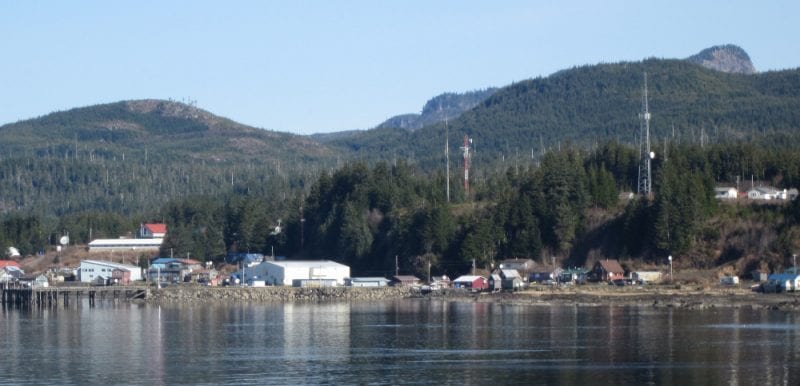Some of the state grant money for designing an electrical transmission line between the Southeast Alaska communities of Petersburg and Kake will not be spent on that project.
The Southeast Alaska Power Agency, or SEAPA owns transmission lines and hydro-electric plants powering Petersburg, Wrangell and Ketchikan. SEAPA received a 2013 grant for two million dollars from the Alaska Energy Authority for final design and engineering work on a power line to connect Kake to its system.
CEO Trey Acteson updated the SEAPA board this month on the grant money for the Kake-Petersburg Intertie, or KPI.
“State has notified the agency that the KPI grant number 2 for final engineering is being closed out in conjunction with the project being shelved,” Acteson told the board during a meeting in Petersburg December 13. “I did make several different efforts and reached out to several parties trying to find a way that we could keep that money somehow in Southeast. As it looks now, at the very best it might go back into the renewable energy fund and potentially be reallocated to perhaps Gunnuk Creek in Kake or something of that nature.”
It’s one of two grants the agency received from the state for the project and only a small portion of it has been spent.
That Gunnuk Creek project is a local hydro plant proposed for Kake, which would handle a portion of that community’s power needs. Otherwise Kake continues to rely on costly diesel-generated electricity.
The power line to connect Kake to existing hydro power still could be built in the future. Over a year ago, the U.S. Forest Service completed its environmental review of the project and authorized a 60-mile transmission line across National Forest land on northern Kupreanof Island.
Acteson reiterated that the project will depend on funding from the state.
“We took on this effort to try to help move that project along,” Acteson said. “It was always conceived that SEAPA rate payers would not be impacted by that and the project would have to be fully funded by the state. So there’s still an opportunity that that happens somewhere down the road. We did achieve getting to the Record of Decision, so it’s sitting on the shelf. SEAPA’s permitted to go build the line but obviously the state financial position needs to change for that to advance.”
SEAPA board members wondered if the grant money could be spent on another project in the region but Acteson did not think that could be guaranteed.










